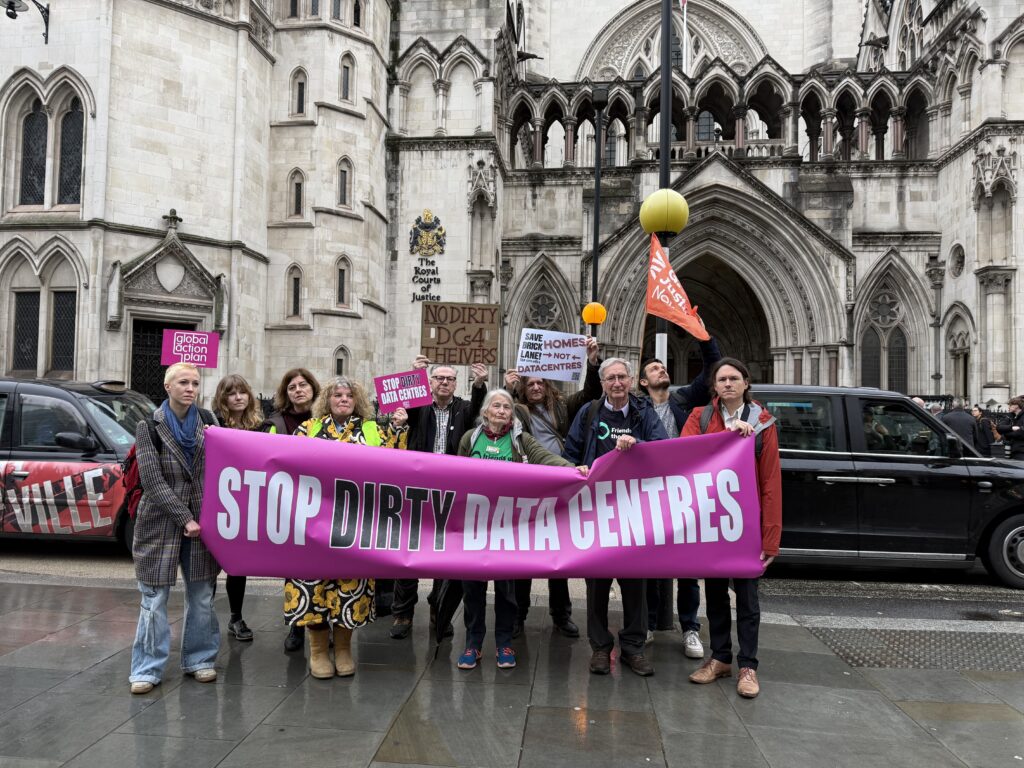Home Secretary Suella Braverman’s declaration that current UK green targets risk bankrupting a nation fails to take responsibility for financial failings at leadership level.
You could easily argue that over the past 15 years of austerity-based governance, British politics has adopted a policy of toe-dipping. Our elected representatives test waters of change via off-the-cuff statements about flagship policies, and media leaks from ‘anonymous sources’. Depending on responses, they may formally act, or not.
So the idea Prime Minister Rishi Sunak may now back peddle on a range of net zero pledges was inevitable. According to Home Secretary Suella Braverman, the UK can’t really afford to meet environmental goals in the allotted time. The impact on finances would be too great for the public and essential services to cope with, having endured rocketing inflation, cost of living, energy bills, and the economic fallout of a pandemic since 2020.
The tragedy is, the only way out of all those situations involves correcting the past. Not least healthcare. The NHS has been underfunded for so long few can remember anything else, and that shortfall long-since reached devastating proportions. Doing nothing before means we need to do a lot now, very quickly. And so the very real spectre of systemic failure appears.
Perhaps if things had been different in the past, the economic pain of Covid-19 would have also been easier to carry, as it has been for other countries with better financed hospitals and clearer evidence of a bounce back today. It’s a chilling mirror image of net zero. A huge leap we knew was coming by the end of the last millennium, the very survival of ecosystems now hangs in national bank balances, and countries would be much further down the line had they not shirked responsibility during administrations gone by.
Those keeping an eye on the cross section of environmental and political news will have seen this coming. In 2023 alone, we’ve heard non-stop arguments among cabinet ministers as to whether their own party’s green policies are realistic. But lifting the velvet curtain for closer examination of Westminster’s machinations reveals just what a mess we’re in.
At Environment Journal recent months have seen us focus on redundant ‘levelling up’ promises independent analysis shows fail to embrace the potential of turning sites of old industry into green tech powerhouses. Certainly not at the scale we need to rebalance regional inequalities, let alone compete in net zero global economics. And we’ve monitored countless studies criticising slow rollout of electric vehicle (EV) charge points. Disproportionately favouring London and the South East is one thing, but even those regions and their large populations are well behind where they need to be if a 2030 ban on new petrol and diesel car sales could realistically be achieved.
In June, we ‘celebrated’ Clean Air Day like it was a positive, rather than an organisational-level attempt to raise awareness about the fact most of us are still breathing-in dangerous levels of greenhouse gases. The fact our op-ed focused on a protest against Theresa Villiers, Environment Secretary under the Conservative Party between 2019 and 2020, and her role in allowing the spread of climate disinformation, is another case in point.
More recently, the Bill to prevent local authorities from making procurement choices based on human rights and environmental justice doesn’t look like a very green agenda. And, after successive court battles in which the Government has been forced to defend its environmental failings, this week a new legal fight has been tabled for the very public failure to tackle the raw sewage dumping undoing decades of coastal clean-ups in the late-20th Century.
Of course, the idea that net zero is going to be very, very expensive is bang on the money. As is the notion that UK finances are in a precarious place. Just yesterday, Birmingham City Council leaders stood aside for Downing Street to take control of England’s second city-proper by population size. Mismanaged for a long time, that doesn’t explain why more councils are predicted to file Section 114 orders to the same effect before January.
After years of deep cuts in the name of rebuilding Britain’s reserves and economic resilience, what cash local leaderships are given is no longer enough to provide the most basic services, debts have been mounting and credit is running out. This is despite spending on average 20% less today than in 2010. Quite how much more is expected to be reined-in is anyone’s guess. Sadly, the UK’s coffers don’t seem to have benefited from any of this, with national debt now higher than it was pre-austerity.
The numbers always take inflation into account, and so should we. Leaving politics for a second, we’ve seen in entertainment, music and hospitality what happens when things take several calendars to complete. Costs associated with running a venue or a festival today are up to 40% higher than 2019, hence so many in these sectors going bankrupt or cancelling plans after reopening. With such levels of inflation, honouring tickets for gigs scheduled before lockdowns began isn’t easy. So, is it any wonder projects and infrastructure to move 67million people towards net zero also now look much, much less affordable?
Nevertheless, at least some blame for this should be levelled at Number 10. Or rather 11. Almost 12 months ago to this day then-Prime Minister Liz Truss and renegade Chancellor Kwasi Kwartang unveiled economic doomsday with a ‘non-budget’. Markets spun out, pensions were almost lost, and the duo responsible were forced out of office, while the public was left with increased mortgage and loan repayments.
Now beginning to ease, it’s hard not to wonder why inflation has looked significantly higher in the UK, and for longer, than many comparable countries. Even post-Truss, criticism has been widespread over ineffective fiscal policies that fail to take the steps needed to regain control.
In 2019, then-Bank of England Governor Mark Carney quipped that businesses ignoring climate change were doomed to bankruptcy. Surely the same applies to governments? We have seen, time and again, how pledges and speeches fade into grey memory, and directives are updated, watered down, made more ‘realistic’. A cycle of inaction which is the root cause of boiling anger levels among scientists. Not to mention campaigners now handed criminal sentences for causing economic disruption in bid to force stubborn hands.
The countdown to a world only partially liveable has already begun, and seen in this context a lifetime’s worth of non-commitment offers only one lesson. When you skirt subjects and decisiveness, preferring u-turns to straight lines, boasting green credentials while handing out new fossil fuel licenses and subsidising polluters, the overall bill for environmental progress really does start to look impossibly high within the timeframe. Of course dates can easily be moved, providing you’re willing to detract from the predictions and modelling of a scientific community all-but-ignored for a generation.
More features and opinion:
Carbon labelling is driving sustainability in the catering sector
Educational interventions: Policymaking lessons from the International Youth Concerned Society

















